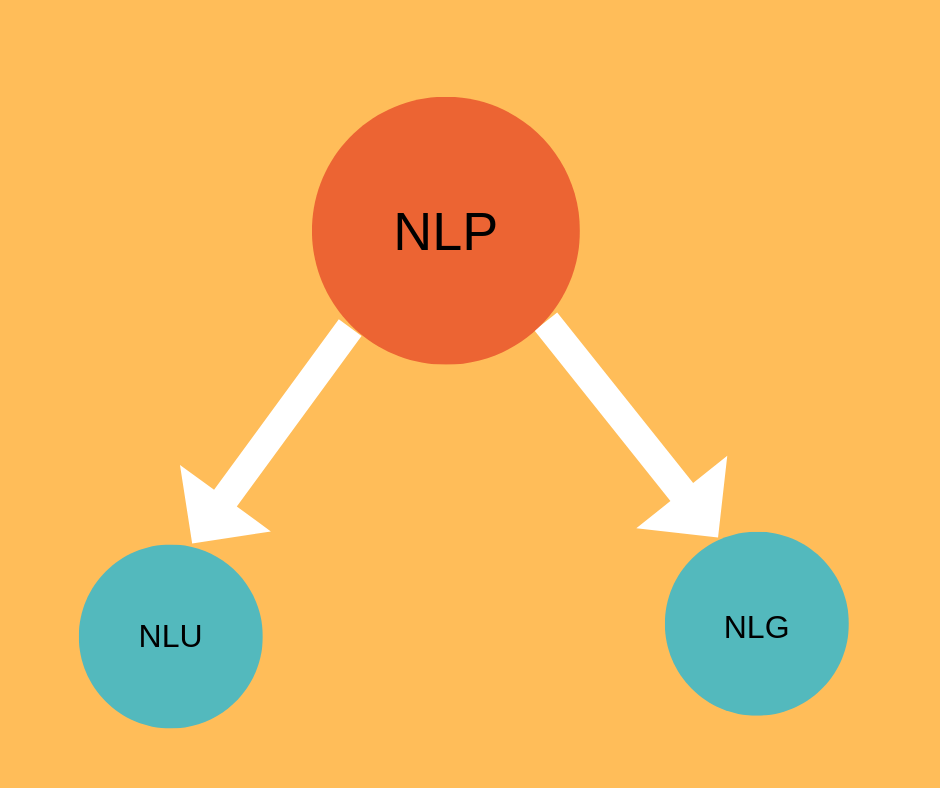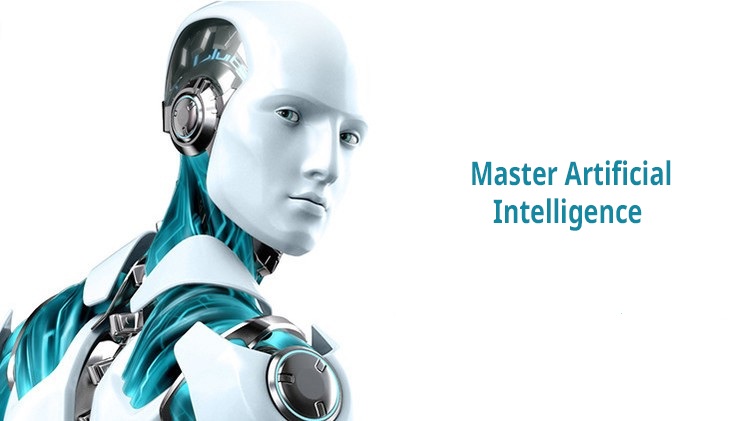Introduction and Significance:
Artificial Intelligence (AI) is a branch of computer science used to create intelligent machines that can work and interact with people just like intelligent human beings. AI is achieved by developing the necessary software and systems so that the machines learn and also enhance from the experience to produce better results. AI technology is based on various streams like a computer, mathematics, engineering, biology, linguistics, etc. The computer programs for developing AI consists of functions such as logical reasoning, problem-solving, and learning.
” AI has evolved rapidly in the past few years and machine learning (ML) which is a subset of AI has generated several billion dollars of revenue for various industries “
There are excellent job opportunities in this field and many institutions offer AI learning courses. There are also very reliable open source tools available for AI and the future of aspirants looking for a career in the field of AI is very bright.
Goals and Applications:
The main motive of AI is to incorporate learning, natural language processing (NLP), reasoning, data presentation, planning, and the capability to control and objects. These all are aimed for achieving creativity and all-purpose human level Intelligence. Chatbots are the most common example of AI implementation.
This article provides you the top eight tips to master the art of Artificial Intelligence. These are:
-
Learn the foremost programming language
The first step towards learning AI is to learn a programming language that is quite effective and easy to understand. Their many languages to learn AI such as Python, Java, Prolog, Perl, etc. but Python is recommended for AI due to its simplicity. The code syntax of Python is very easy to understand and its libraries are best suitable to develop machine learning programs. Some of the best online resources to learn Python is:
- https://www.python.org/
- https://developers.google.com/edu/python/
- https://www.codecademy.com/learn/learn-python
By Python, you can integrate your systems more efficiently in much lesser time as compared with other languages. You will also develop chatbots and implement powerful ML logics. Chabot is implemented by developing programs that facilitate automated communication with people and deliver a wide range of services such as life-saving health messages, answering customer queries, etc.
-
Fair knowledge of Statistics
Many AI and ML algorithms are based on probability concepts (base of Statistics) and models like Bayes rule and Markov models. For example, prediction requires these concepts. Since real-world data is often jumbled with uncertainty so learning basic probability will enable you to deal with it quite effectively. Besides this, knowledge of statistical concepts such as mean, median, mode, standard deviation, and distributions like binomial, Poisson, normal, chi-square, and hypergeometric, etc. will be an added advantage.
ML algorithms mostly use these statistics to extract meaningful information from pre-existing data and deliver the best possible solution to the problem.
-
Ensure proper system design
An AI learner should have good knowledge about the various components used in developing the necessary software since AI and ML are not separated but are a part of the system. So it is necessary to understand the working and communication between different components of the system like the libraries used, database queries and creating a user interface to interact with the machine and AI system.
An optimized design should be made to work well with hardware ensuring that your AI algorithms dynamically scale up and down as required.
“AI algorithms have to deal with a large volume of data so proper design, documentation, and testing skills are needed to deliver a quality product “
-
Learn the use of standard models
Although the programmers know the implementation of ML algorithms through APIs, libraries, etc. but the smart trick lies in using standard models like neural nets and decision trees to apply them effectively. Moreover, programmers need to learn the steps to fit new data that is created by models such as linear regression, boosting, genetic algorithms, etc. They should also understand and analyze the relative merits and demerits of different approaches.
Additionally, data leakage, data loss, overfitting and underfitting of data occur in bulk so practice the models and develop the skills which are crucial for aspirants seeking a successful career in AI and ML.
-
Expertise in data modeling
AI and ML develop because of data, so it is important to understand data modeling. Data scientists use data modeling to estimate the structure of datasets which enables them to find useful patterns and data correlations. It also helps in predicting the properties of invisible samples by classification, inconsistency detection, etc.
You need to figure out how to proceed from a loosely -defined business goal towards framing a well-defined ML algorithm that will successfully accomplish the required task.
-
Develop chatbots and virtual assistants
Practice and be comfortable in developing chatbots and virtual assistants because they dominate the AI scenario. Natural language processing (NLP) and speech recognition methods have become prominent to replicate better understanding and providing relevant information to deliver the right business value. NLP is also used in creating smart virtual assistants e.g. many smartphone users use AI virtual assistants like Google’s Assistant and Apple Siri.

NLU: Natural Language Understanding
NLG: Natural Language Generation
Most of the customers prefer to talk directly with the concerned executives but still, chatbots are important. Since chatbots are available 24/7, they are best for emergency response and placing simple orders thereby generating a lot of revenue to the companies.
-
Learn Robotics
Robotics is an important application of AI used to create intellectual and capable robots. These robots are meant for manipulating objects by picking, moving, or altering the physical properties of an object, etc. You can go ahead with learning robotics which is a combination of computer science, mechanical and electrical engineering. Robots play a crucial role in various industries and the army.
-
Apply ML resourcefully
Great opportunities for professional ML work also include applying ML in production systems. Good programming skills are required in professional work and these skills will improve with experience and the number of projects you work on.
With interest and active participation in machine learning research work, you will be able to attain the proficiency level soon. Then you can also use ML analysis to enhance product and business decisions.
Author Bio:
Paru Saxena, Sales head at TechIngenious – A Mobile app development company in Jaipur. Writing is my passion and I am writing from the past 5 years. However, my experience lies in digital marketing and web development. I have a proven track of record in sales & business development with leading organizations. When I am free, I like to observe nature in its wide diversity of forms.










